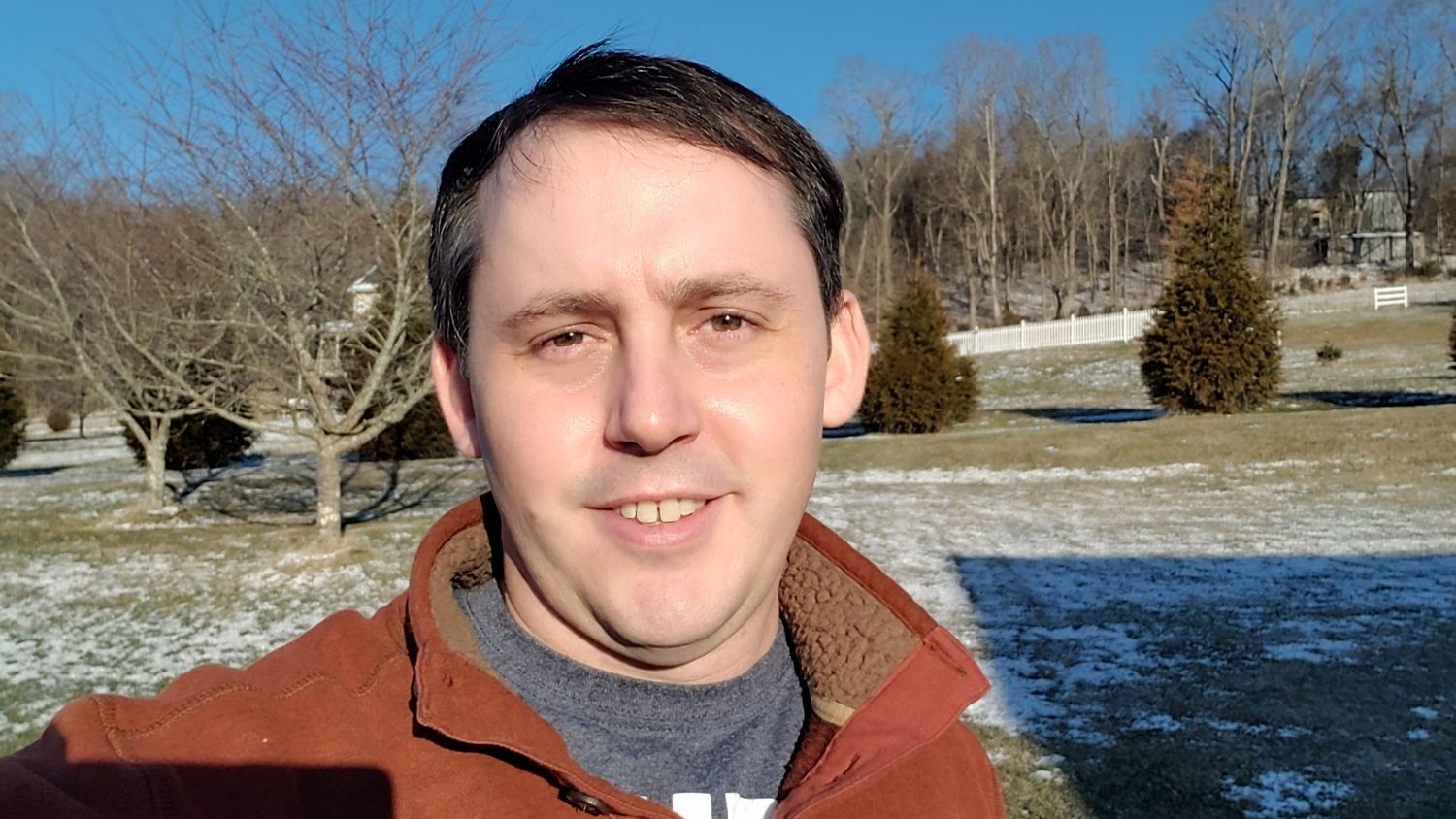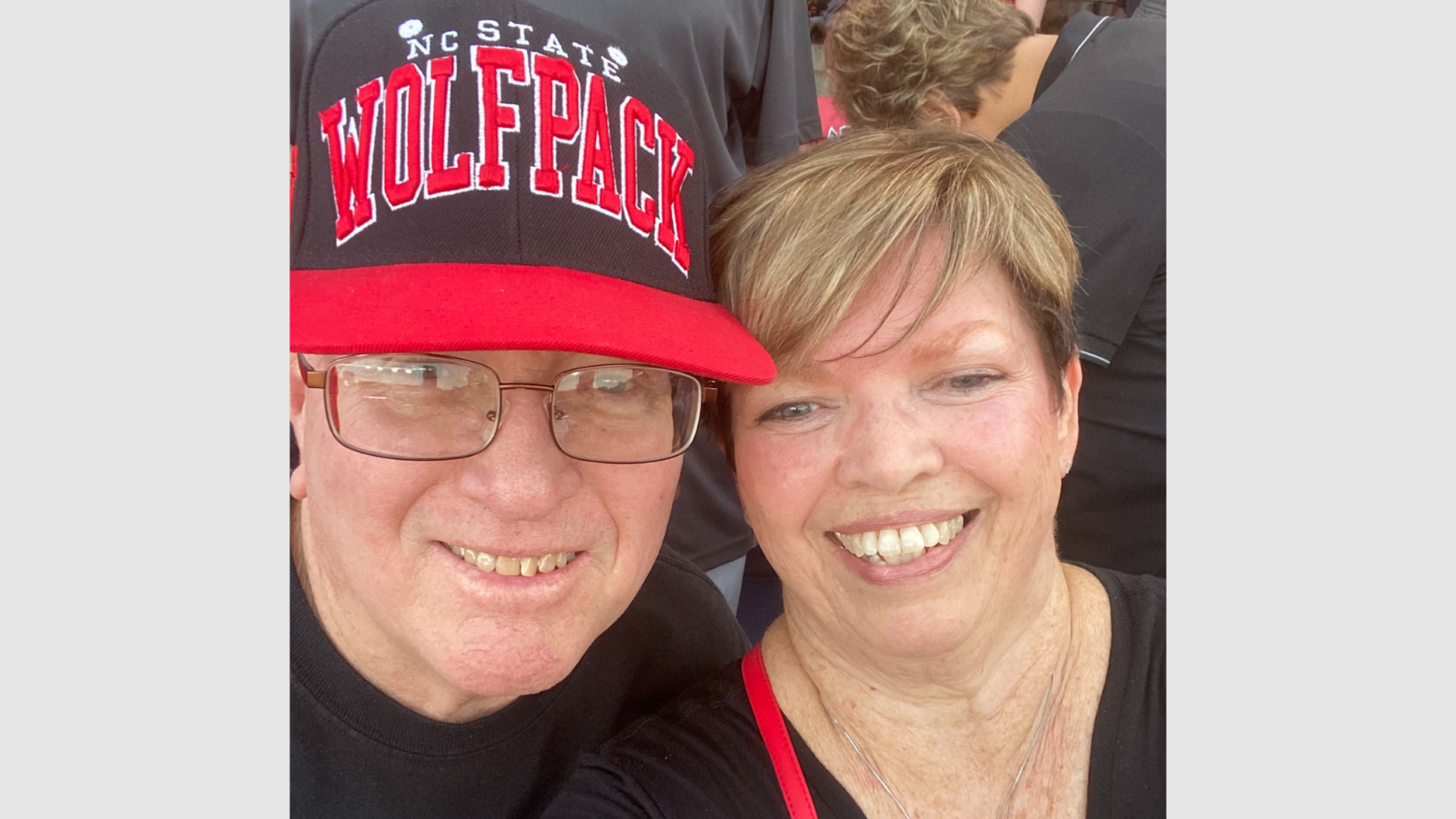5 Questions with Research and Development Engineer Trevor Treasure

Trevor Treasure graduated from NC State with Ph.D.s in chemical engineering and forest biomaterials in 2014. He also earned undergraduate degrees in paper science and engineering and chemical engineering from the university.
Trevor is now a principle research and development engineer at Eastman Chemical Company in the Cellulose Esters Technology division. We reached out to Trevor to learn more about his career in forest biomaterials.
What is a typical day in your job like?
One of the exciting aspects of working in research and development for an innovative company like Eastman is that a typical day is quite rare. Generally speaking, my responsibilities allow for a variety of tasks ranging from traditional lab work to chemical process field work and experimentation to commercial strategic discussions with our partners in the business and applications development.
In addition to a safety first culture, one other thing that is typical in my job is the excitement and sense of purpose I feel every day coming to work for a company focused on improving the quality life in a material way.
What inspired you to study forest biomaterials?
Since a young age, I have been passionate about sustainability. Now I find great satisfaction in being able to work on and solve problems every day. The engineering and science disciplines are centered around solving problems using the scientific method which enables fallible humans to learn the truth about their surroundings and how to interact safely with the principles of physics and chemistry.
I feel strongly that utilizing the natural polymers and fibers produced by a forest is a subject matter area that satisfied all my desires for a professional career. The forest is our sustainability feedstock stream and finding new applications and uses of Mother Nature’s polymers is a great way to advance sustainability for mankind. That’s not to mention working with natural raw materials makes for some of the most challenging yet rewarding pieces of scientific work.
What impact are you making through your position?
I am responsible for maintaining and expanding Eastman’s cellulose and other biopolymer utilization portfolio. Eastman is a large consumer of high purity dissolving pulp that is used to make a variety of organic acid ester derivatives used in many different applications including LCD screens, filters, textiles, bio-based durable plastics, coatings and additives such as car paints, and even pharmaceutical applications.
Choosing and guiding the use of particular cellulose raw materials is paramount in producing a cellulose ester with the intended fitness for use; you can imagine the technical requirements for cellulose esters going into television screens is much different than for a cellulose ester going into textile fibers.
How did the College of Natural Resources prepare you for your current position?
The College of Natural Resources, as well as the College of Engineering, prepared me for my professional career by shaping my mind and the way I approach problems. Far more important than the specifics of particular courses (paper science fundamentals, thermodynamics, transport phenomenon, kinetics, etc.), NC State does a great job of shaping the way you think such that you are confident and equipped to tackle the most challenging problems in science and engineering.
Specific to the Department of Forest Biomaterials, I learned the importance of connectivity and collaboration. Working in harmony with fellow scientists and establishing communication and channels for respectful critique are critical to solving big difficult problems and shaping your perspective, which is impossible to do working alone.
What advice do you have for current College of Natural Resources students?
The best advice I can provide is to focus on doing the current task at hand to the best of your ability and be open to opportunities as they are presented. I would also add that although it may be uncomfortable, seek out critical advice from others — whether they be peers or professors. Often times we minimize in our minds our weaknesses, but these are exactly the keys to professional growth and personal development.
- Categories:


